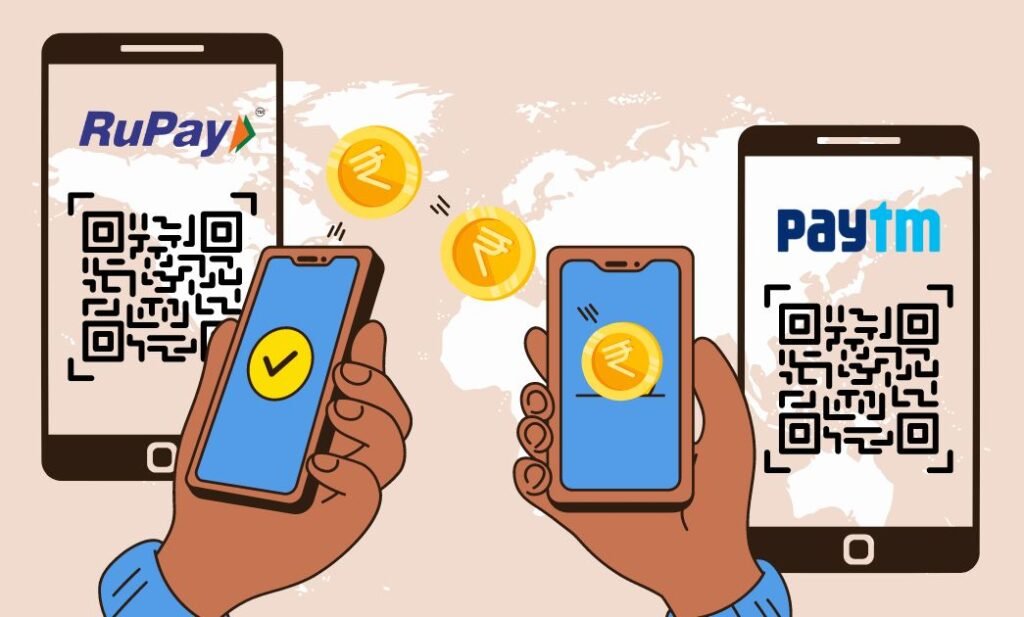As the world becomes more interconnected, cross-border payments hold a crucial role in facilitating international trade, boosting financial inclusion, and driving economic growth. India, with its burgeoning economy and growing international trade, stands to gain significantly from advancements in cross-border payment systems. The future of cross-border payments in India also looks promising, with technological advancements such as blockchain, artificial intelligence, and digital wallets revolutionising the payment landscape, leading to faster, more secure, and more cost-effective transactions.
Currently, the cross-border payments landscape encompasses a wide range of merchants and transactions, including business-to-business (B2B), business-to-person (B2P), person-to-business (P2B), and person-to-person (P2P). Also, according to a recent report by Juniper Research, the global expenditure on B2B cross-border payments is projected to surpass $40 trillion by the end of this year. It indicates an increase from the $37 trillion recorded in 2022.
Now, RuPay and Paytm, with their widespread reach and user-friendly platforms, can play a pivotal role in enabling financial inclusion and driving the future of cross-border payments in India. Let’s read more about it below.
From bills to groceries, Paytm has got you covered! Use Paytm to earn rewards, cash backs and more!
How RuPay and Paytm are helping with cross-border payments?
Since its inception, RuPay has witnessed remarkable growth, with its market share rising to more than 60% of total cards issued in India. Globalising the RuPay payment system has made transactions easier for cardholders, as RuPay cards offer cost savings, shorter processing times, and lower fees than competing card brands.
On the other hand, Paytm, one of India’s leading digital payment platforms, with a presence in more than 195 countries, has also contributed to facilitating cross-border payments. It has become a versatile payment platform with many services, including international money transfers and online payments.
In response to the recent introduction of the UPI-PayNow Real-time Payment Systems linkage between India and Singapore, Paytm has expressed its support and enthusiasm. This partnership aims to drive faster, cheaper, and more transparent cross-border transactions between Singapore and India, aligning with the G20’s financial inclusion priorities.
Advantages of UPI for cross-border payments
UPI, or Unified Payments Interface, has emerged as a groundbreaking financial innovation in India, revolutionising cross-border payments. It offers the following benefits.
- Increased availability
The UPI enhances accessibility by presenting a mobile-centric, interoperable open infrastructure for payments. It implies that various Payment Service Providers (PSPs) can execute, process, and finalise payment transactions across different payment systems using a shared interface and standardised identifier/security protocols. It reduces the complexities associated with integration, facilitating cross-border remittances for individuals and businesses.
- Lower transaction times
UPI for cross-border payments offers instant fund transfers, ensuring that money reaches the recipient’s account in real time or within seconds.
- Reduced costs
Traditional methods of cross-border payments often involve high transaction fees, currency conversion charges, and hidden costs, but UPI offers a cost-efficient solution by minimising these expenses.
- Simplified process
The introduction of UPI has eliminated the need for reliance on conventional modes of cross-border payments. UPI is more accessible and offers a mobile-first approach and a common interface, streamlining the payment process for both payers and payees.
Join the Paytm revolution – Pay digitally and earn exclusive offers
Conclusion
As the world becomes more interconnected, we can expect to see a continued shift towards digital payments, with RuPay and Paytm at the forefront of this movement. By leveraging cutting-edge technologies and strategic partnerships, these platforms are poised to unlock new opportunities for businesses and consumers alike, driving economic growth and improving financial inclusion on a global scale.
